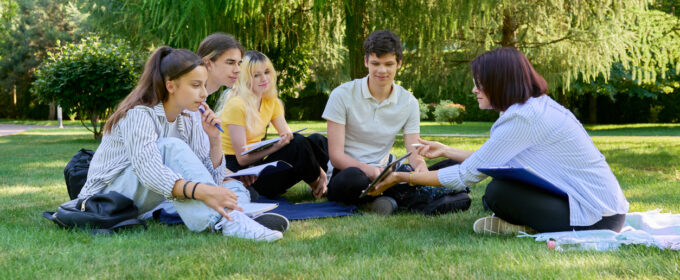As social media use amongst young people increases, evidence points toward both positive outcomes such as social connection and access to information and possible risks such as cyberbullying and exposure to distressing content. Research suggests that media outlets tend to frame social media as having an overwhelmingly negative effect on young people, especially in relation […]









